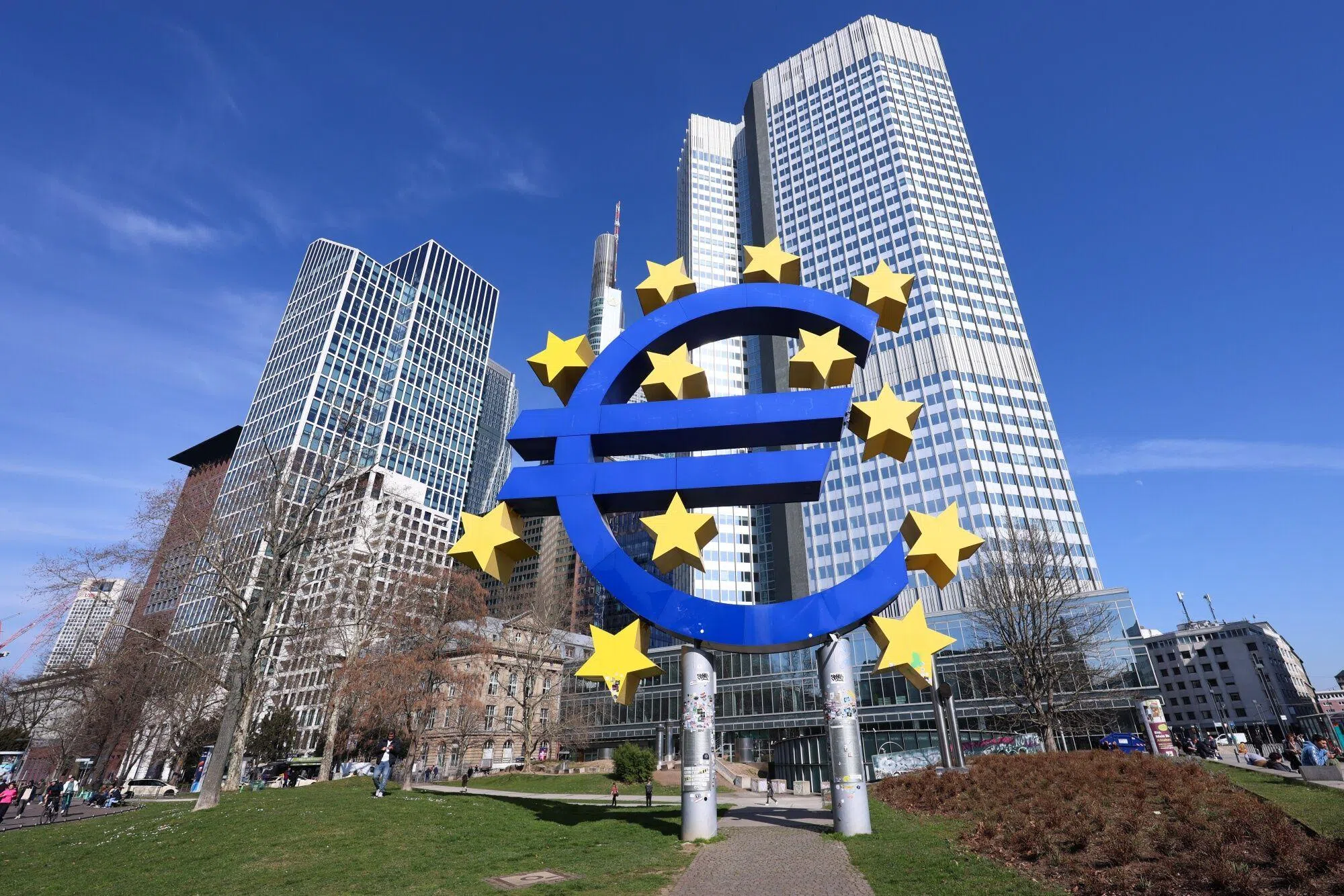THE European Central Bank (ECB) should keep all options on the table for next month’s decision on interest rates as the economic outlook hinges on geopolitical shocks that are hard to predict, according to Governing Council member Martins Kazaks.
Uncertainty is “much higher than it has been for quite a long time” because of issues including a possible ramp-up in European defence spending, the Latvian policymaker said on Friday (Mar 7).
“We will see what happens with all these external shocks and risks,” Kazaks said in Lisbon. “Let’s keep an open mind. It’s impossible to prejudge the April decision because we need to see what those alternative scenarios or shocks are going to look like.”
The remarks come a day after the ECB lowered borrowing costs again, while suggesting its spate of easing since June may soon be nearing a conclusion by referring to the policy stance as “becoming meaningfully less restrictive”.
Markets pared bets on further cuts, interpreting the imminent jump in European military outlays as likely to stoke both economic expansion and inflation. That’s one factor that will make April’s ECB meeting a showdown between officials seeking more reductions in rates and those backing a pause, people familiar with their thinking said.
Kazaks’s comments echo those of his French counterpart Francois Villeroy de Galhau, who said earlier Friday that “we need to be ready to act and react fast” amid “enormous uncertainty”.
BT in your inbox
Start and end each day with the latest news stories and analyses delivered straight to your inbox.
Speaking later in the day in Lisbon, Portuguese central bank chief Mario Centeno stressed that the ECB has cut rates by “150 basis points already, and the process will continue until we can say that indeed inflation converged”.
Leaving aside sudden political shifts, the economy has largely behaved as expected, Kazaks said. But he also cautioned that the final verdict on whether price growth will return to 2 per cent as quickly as expected is not in.
“So far, the dynamics and developments of inflation – give or take with the uncertainty – by and large have been in line with our forecast,” he said. “But the forecast also expects quite a sizeable adjustment in services inflation in March. In April we will see whether it will have happened.”
Speaking later at the same event as Centeno, Kazaks highlighted that “disinflation has been happening and still is ongoing”.
There’s been a lot of focus on the neutral rate of interest – a theoretical point at which policy neither stimulates nor holds back economic activity. Most analysts put the level at about 2 per cent and suggest this may be the endpoint for ECB easing, though Kazaks warns against treating it as a destination.
“Our task is not to reach a neutral rate, our task is to have inflation at 2 per cent,” he said. “But with the shifting environment, of course, monetary policy may change as well. It should in fact change.” BLOOMBERG







